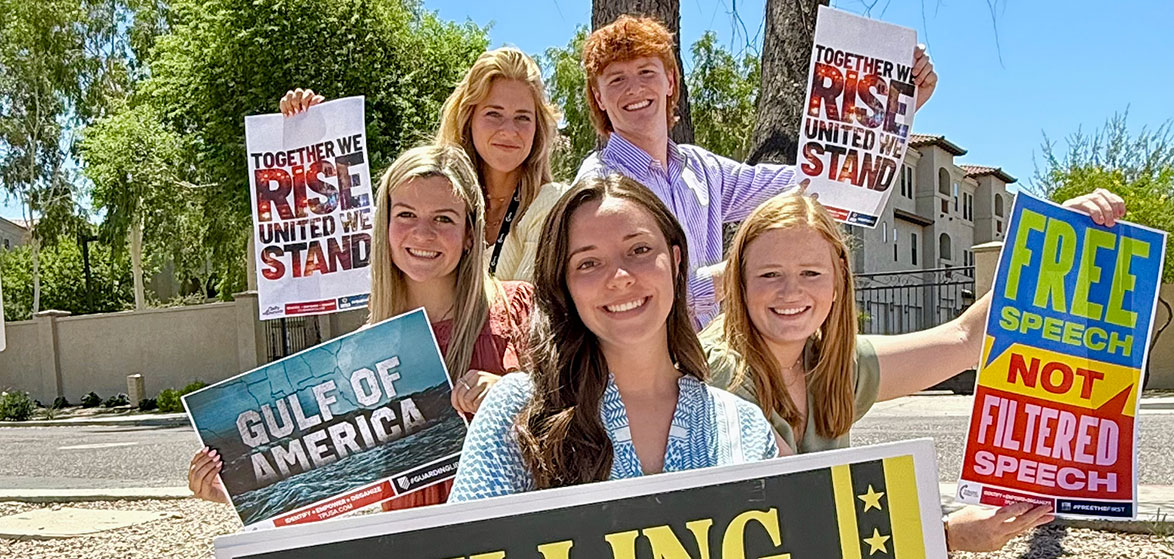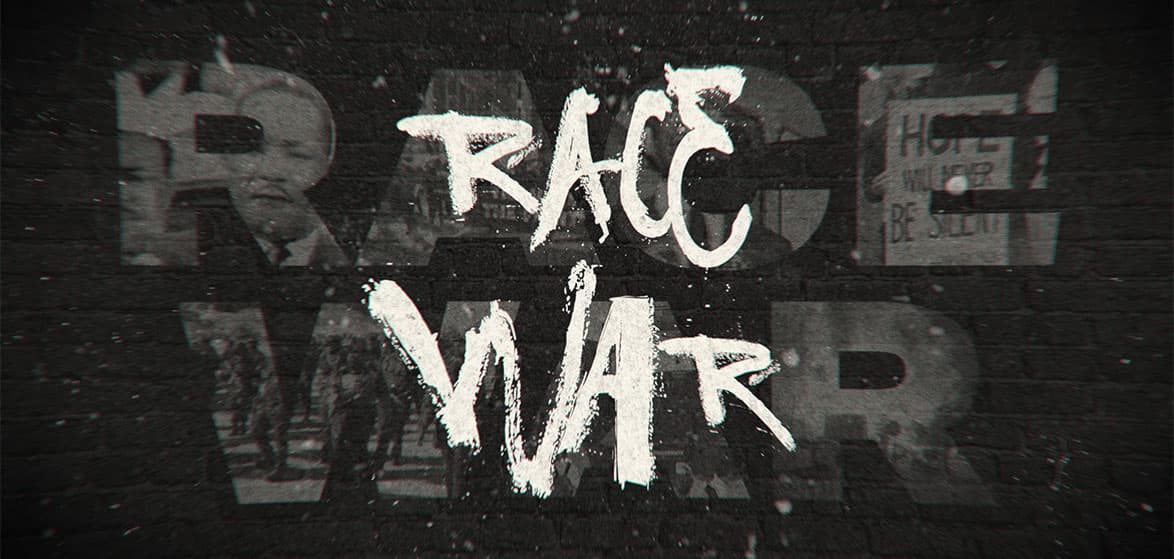
Catholic schools in Cleveland, Ohio, have recently adopted a new set of guidelines on sexuality and gender that will no longer allow LGBTQ+ affiliation within their institutions.
This new policy, set forth by the Catholic Diocese of Cleveland, applies to over 100 catholic schools in the city. The policy mandates that parents must be notified if their child identifies as a gender different from their biological sex. It also requires notification even if a parent does not “affirm” their child’s gender dysphoria, a provision that runs counter to policies in blue states.
Furthermore, the guidelines prohibit the use of “preferred pronouns,” mandate that students use bathrooms corresponding to their biological sex, require athletes to compete according to their biological sex, ban same-sex dates at school events, and enforce a dress code that aligns with a student’s biological sex. The policy also prohibits any display or celebration of LGBTQ+ beliefs, including the pride flag.
The Catholic Diocese of Cleveland explained that the new guidelines are simply a formal policy of the long-lasting beliefs and teachings taught by the Catholic Church regarding sexual and gender identity.
“Since questions of sex, sexuality, and gender identity have become increasingly prevalent in our society, it is our hope that the policy will help to ensure these matters are addressed in a consistent and authentically Catholic manner across our diocesan institutions and diocesan Catholic schools, and that those we serve will have a clear understanding about expectations and accommodations related to those matters,” explained the diocese.
In an accompanying letter the Bishop of Cleveland, Reverend Edward Malesic, emphasized the importance of acknowledging one’s biological sex while also showing compassion to individuals experiencing gender dysphoria.
“The human person is a unity of body and soul; we experience the world through our bodies, and it is through the virtuous expression of our bodies that we reveal God,” wrote Malesic. “Through times of questioning and confusion, we must accompany our brothers and sisters in Christ with compassion, mercy, and dignity so that we might lovingly help them navigate the confusion and arrive at truth.”
While these guidelines have been applauded by many Christians for aligning with religious teachings, they have sparked unsurprising outrage from some on the left. Ohio’s Senate Minority Leader, Nickie Antonio, argued that state taxpayer dollars should not be used to subsidize schools with such policies, referring to them as “policies of exclusion.”
“I am extremely disappointed that the diocese has chosen to focus on policies of exclusion over acceptance,” Antonio said in a press release. “At a time when the state has expanded funding to religious education institutions through vouchers, the diocese should focus on educating our all [sic] children.”















